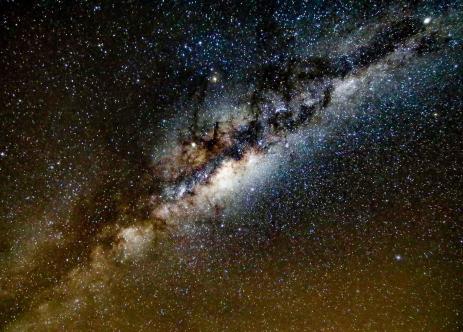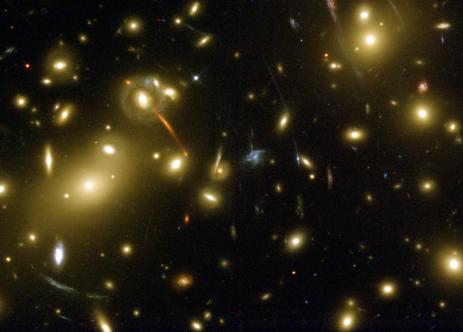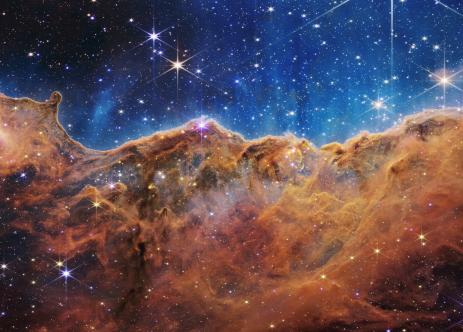Graduate Program in Astronomy
Graduate Program in Astronomy
The Graduate Program in Astronomy and Astrophysics at the Institute of Astronomy, Geophysics, and Atmospheric Sciences of the University of São Paulo (IAG/USP) was established in 1973. One of the first of its kind in the country, it resulted from an initiative by a group of Brazilian researchers who had recently completed their studies abroad. Traditionally, the program has the largest number of students (approximately 60) in Brazil and advisors (approximately 30), and has been responsible for training most astronomy professionals in Brazil.
Integrated into the academic environment of USP, the program accepts graduate students from the Institutes of Physics and Mathematics, with which it shares experiences in the management of teaching and research.






